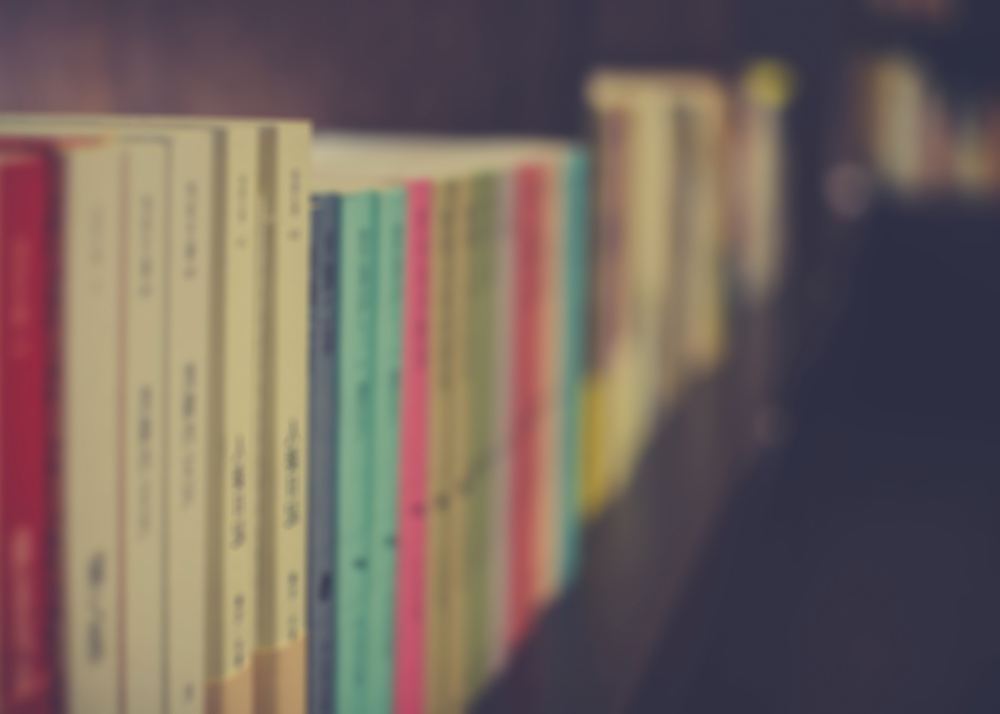- Feb 5, 2002
- 166,683
- 56,300
- Country
- United States
- Faith
- Catholic
- Marital Status
- Married
- Politics
- US-Others
“I don’t believe in that,” widely censored author Judy Blume scoffed in a recent interview with Variety magazine, responding to news that Puffin Books would revise Roald Dahl’s works. Dahl — the British author of “Matilda,” “Charlie and the Chocolate Factory,” “James and the Giant Peach” and other beloved children’s books — is being posthumously rewritten. New editions will be issued in the U.K. that remove language (including words like “fat,” “crazy,” and “mad”) deemed offensive by a consulting firm specializing in fostering diversity and inclusion. Due to public outcry, the classic editions will remain available in the United States and elsewhere.
Until recently, teachers and academics approached controversial issues raised in texts by presenting the author’s ideas and narrative for reflection and engagement by students. A text need not fit into the prevailing mores of our day to make an invaluable contribution to education. This is one of the fundamental principles of education: that students be challenged and stretched by the views and norms of the past. Students cannot be taught to be mere consumers of philosophy, media and art. They must be raised to shape it.
Once the willingness to fight for the integrity of the author’s text is lost, then the battle for the humanities is lost. The premise of the humanities — here meaning philosophy, literature, history, language, ethics and more — rests on engagement with different perspectives. The entire purpose of a liberal education is to encounter positions and attitudes different from one’s own.
As the pressure continues to mount to update texts so that they accord with the moral norms of the day, we risk undermining the skills a liberal education offers. We risk the greatest value of the humanities.
If a text always and completely accords with one’s own view, critical thinking will not be taught to students. As Catholics, this is a particularly grave risk, because careful thought and intentionality is needed to navigate how to live out our faith today. As our culture is increasingly de-Christianized, critical thinking will be required on more and more occasions to guide daily Christian living. Critical thinking is especially important online, as it allows the user to try to determine what’s true and what’s not on social media. It guides the reader as he or she consumes written and produced media. A loss of critical thinking reduces a person’s independence and encourages tribalism. Once you adopt a label, you don’t have to think about it because the thinking has been done for you.
Moreover, if we consent to the censorship of texts, history will be erased as we rewrite our cultural monuments. For example, part of the genius of Mark Twain’s “Adventures of Huckleberry Finn” is that it puts the reader face to face with one of the darkest wounds of American history: racism. The evil of slavery must always be clearly condemned. But the historical moment must also be understood. Literature is one way of entering into that past in order to bring continued healing in the present.
Continued below.

 www.oursundayvisitor.com
www.oursundayvisitor.com
Until recently, teachers and academics approached controversial issues raised in texts by presenting the author’s ideas and narrative for reflection and engagement by students. A text need not fit into the prevailing mores of our day to make an invaluable contribution to education. This is one of the fundamental principles of education: that students be challenged and stretched by the views and norms of the past. Students cannot be taught to be mere consumers of philosophy, media and art. They must be raised to shape it.
Once the willingness to fight for the integrity of the author’s text is lost, then the battle for the humanities is lost. The premise of the humanities — here meaning philosophy, literature, history, language, ethics and more — rests on engagement with different perspectives. The entire purpose of a liberal education is to encounter positions and attitudes different from one’s own.
As the pressure continues to mount to update texts so that they accord with the moral norms of the day, we risk undermining the skills a liberal education offers. We risk the greatest value of the humanities.
If a text always and completely accords with one’s own view, critical thinking will not be taught to students. As Catholics, this is a particularly grave risk, because careful thought and intentionality is needed to navigate how to live out our faith today. As our culture is increasingly de-Christianized, critical thinking will be required on more and more occasions to guide daily Christian living. Critical thinking is especially important online, as it allows the user to try to determine what’s true and what’s not on social media. It guides the reader as he or she consumes written and produced media. A loss of critical thinking reduces a person’s independence and encourages tribalism. Once you adopt a label, you don’t have to think about it because the thinking has been done for you.
Moreover, if we consent to the censorship of texts, history will be erased as we rewrite our cultural monuments. For example, part of the genius of Mark Twain’s “Adventures of Huckleberry Finn” is that it puts the reader face to face with one of the darkest wounds of American history: racism. The evil of slavery must always be clearly condemned. But the historical moment must also be understood. Literature is one way of entering into that past in order to bring continued healing in the present.
Continued below.

Why censoring classic books is not the way forward
“Adapting and modernizing Roald Dahl, Agatha Christie, Ian Fleming and any other author’s works might appear at first look to be a good thing. But the rewriting of texts has grave consequences.
 www.oursundayvisitor.com
www.oursundayvisitor.com
